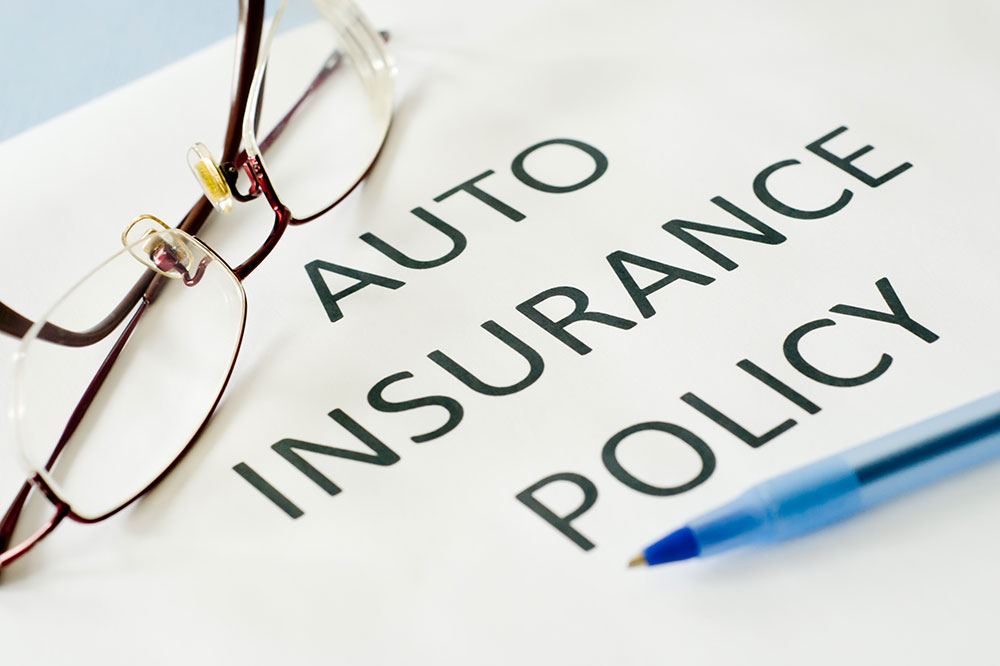What does your auto insurance policy cover

Auto insurance is mandatory in most states for anyone who plans to drive a rental or buy a vehicle. It is an investment that protects the driver from unforeseen liabilities that may arise due to accidents. The insurance covers the cost of damages done to the vehicle and pays for injuries sustained by the parties involved in the accident. Some insurance companies also provide cover for legal costs and fees in case the aggrieved party decides to press charges. You can browse and easily purchase auto insurance online. But before you do so, take a quick look at what an auto insurance covers.
Coverage for liability
Liability is an unforeseen event, an obligation in this case that arises when there has been an accident. You are liable to cover and pay for damages to the vehicle and any involved property. All insurance policies cover basic liability. In addition to this, it states the financial cost that you must bear in case the aggrieved party suffers injuries. Note that this coverage is not available for the policyholder and covers only the cost incurred by the third party. The property damage clause further specifies what all is covered for damage to the vehicle involved in the accident and the surrounding property.
Uninsured coverage
It may so happen that the other party may not have an insurance policy. To protect you from uninsured or underinsured drivers, auto insurance also provides cover for liability and damages caused in such accidents. This coverage is crucial to save you from paying for repairs and replacement of uninsured vehicles or properties out of your pocket.
Comprehensive and collision coverage
Note that comprehensive and collision coverage are two different things. With a comprehensive cover, the insurance pays for repairs and replacement in case of theft, vandalism, damage from fire, or falling objects like trees, any weather elements such as hai,l and other natural disasters. There are certain non-inclusions for which the insurance is not liable to pay including collision damage and medical expenses for self and passengers involved in the accident. Often insurance companies also refer to comprehensive cover as non-collision insurance.
On the other hand, collision coverage specifically provides for the cost of repairs and replacement of a vehicle or involved property. When you lease or buy a car, it is required that you pay for collision coverage to help protect from the damages involving a collision into moving or stationary objects. Collision insurance does not cover medical costs and damages to other vehicles.
Note that the deductible amount, coverage limit, and other costs involving rental reimbursements, towing and labor, and the cost of gap auto insurance (if taken) will vary depending on the type of policy and the provider. It is advisable to check with their support executive to fully understand the terms and conditions of an auto insurance policy.






